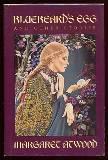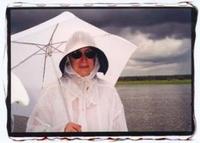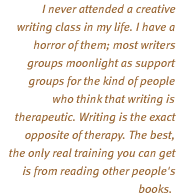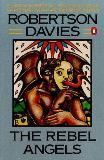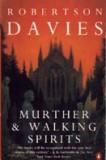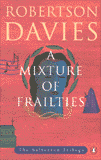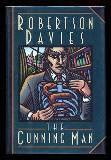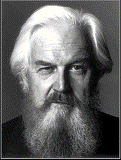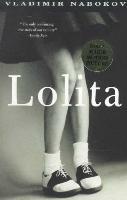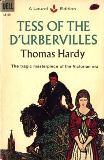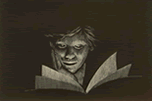“It’s not easy, being green,” the Froggy said in his muppety voice. “I get up what? Before seven? I drive to the studio. No sooner have I poured myself a coffee, eaten a fly or two, when I go all woozy and discombobulated and then..... no, you know what? I can’t talk about it right now. Really.”
“No, no... do go on,” she cuddled closer to him and touched his green felt shoulder. “It may be good for you to just, you know.... talk about it.”
“Well that’s just it, you know. All of a sudden I get to saying things that I had absolutely no intention of saying, I swear to you.”
“That is really remarkable.... you mean, you hear voices? An audible voice... and then you unwillingly repeat the...”
“I SAY THINGS THAT I DON’T REALLY MEAN!” he threw his froggy limbs in the air, and she was frightened by his sudden angst.... “It’s like.... one minute I’m thinking... you know, I’m thinking about you and me last night or whatever and then”.... he weeps.... “I’m saying things like 'Hidey-ho’ and just real goofy stuff.... sometimes I break into song... I swear it’s like someone else is controlling my voice.... moving my entire head around and..... dammit Carol, I think someone is slipping something into my coffee as soon as I arrive.... I’m freaking out I tell ya....”
“Listen, settle down. Look, I am going to make an appointment with Dr. Henson, you remember him? He is excellent. Now you just settle down.... tomorrow, everythng will be...”
“I’m frigging LOSING IT Carol!”
........ next day......
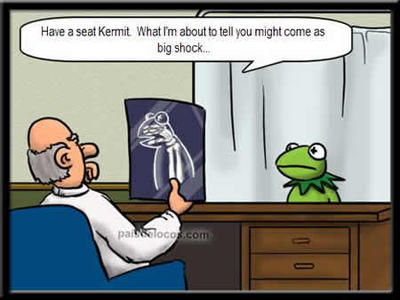
 Well, dear ghouls and goblins.
Well, dear ghouls and goblins.

